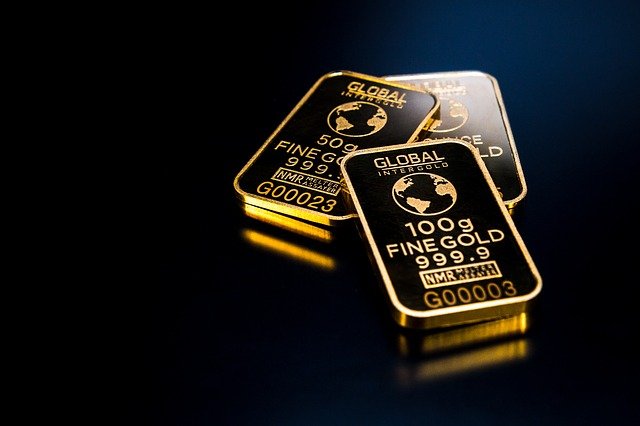The Buyt Desk
Exchange-Traded Funds (ETFs) are traded at stock exchanges throughout the day just like a stock. ETFs follow a benchmark index such as BSE Sensex or CNX Nifty. The main feature of an ETF is passive fund management. Except for some little adjustment to keep the ETF running parallel to the index, the fund manager does not actively manage the ETF. This is how ETFs vary from other mutual funds. Moreover, they have high liquidity and low expenses in comparison to other mutual funds. The administrative charges in the case of ETFs are lower because they are not actively managed. Another distinguishing feature of an ETF is that it is not limited to a specific asset class. Any class that is traded daily at the exchange and has a published index can form an ETF. Gold, real estate, commodities, and bonds can form an ETF.
Understanding a Gold ETF
A Gold ETF is a passively managed fund that follows the domestic price of physical gold. It is representative of 99.5% pure gold bullion. Gold ETFs are traded at the Bombay Stock Exchange (BSE) and National Stock Exchange (NSE). Like other mutual funds, they also come under the purview of SEBI Mutual Funds Regulations. On selling a Gold ETF, you do not receive physical gold but cash based on the prevailing domestic gold price.
Advantages of buying a Gold ETF over physical gold
Visualize a Gold ETF as possessing physical gold but with added benefits.
-
It is simply an electronic transaction, thus, you do not worry about the safety, storage, and purity considerations like in the case of physical gold.
-
You can buy as low as 1 gram of gold through an ETF.
-
You have tax benefits by choosing a Gold ETF instead of physical gold. Taxations like security transaction tax, VAT, and wealth tax, are not applicable on Gold ETFs.
-
You save money when investing in Gold ETFs because there are no making charge and premium on this.
-
The price of a Gold ETF remains constant throughout the country unlike the price of gold jewellery.
Gold ETFs as an investment
Gold Exchange ETFs are a simple, easy and convenient investment option for individual investors. The requirements are less. You just need a dematerialized (Demat) account and a broker to trade in Gold ETFs. You pay some brokerage fee and minor administrative charges. Therefore, the expenses are low. Moreover, there is no entry or exit load associated with Gold ETFs. If need arises, you can take a loan against these funds.
The returns from Gold ETFs are categorized as capital gains. If you sell the fund before 3 years then it becomes short-term capital gains (STCG). It becomes long-term capital gains (LTCG) when you sell after 3 years. While the STCG tax is levied as per your income tax slab, the LTCG tax is 10% without indexation and 20.8% with indexation. Thus, if you do not sell Gold Exchange ETFs before 3 years, you can gain tax benefits on it. In fact, long-term capital gains up to Rs.1 lakh are tax-free.
Investing in Gold ETFs is not risk-free. The value of the units fluctuates according to the domestic price of gold. Thus, the return from the investment will depend on the price of gold when you sell.







